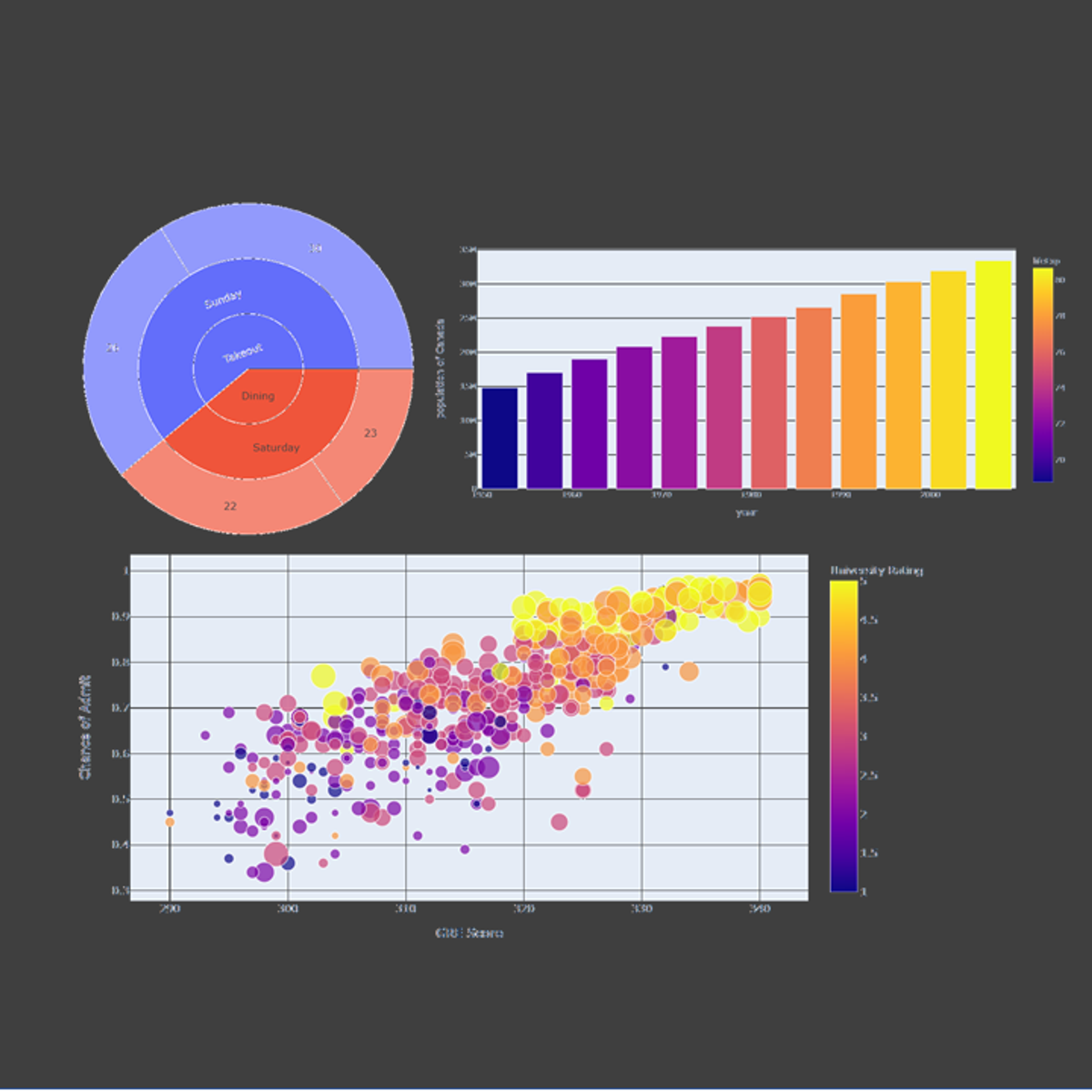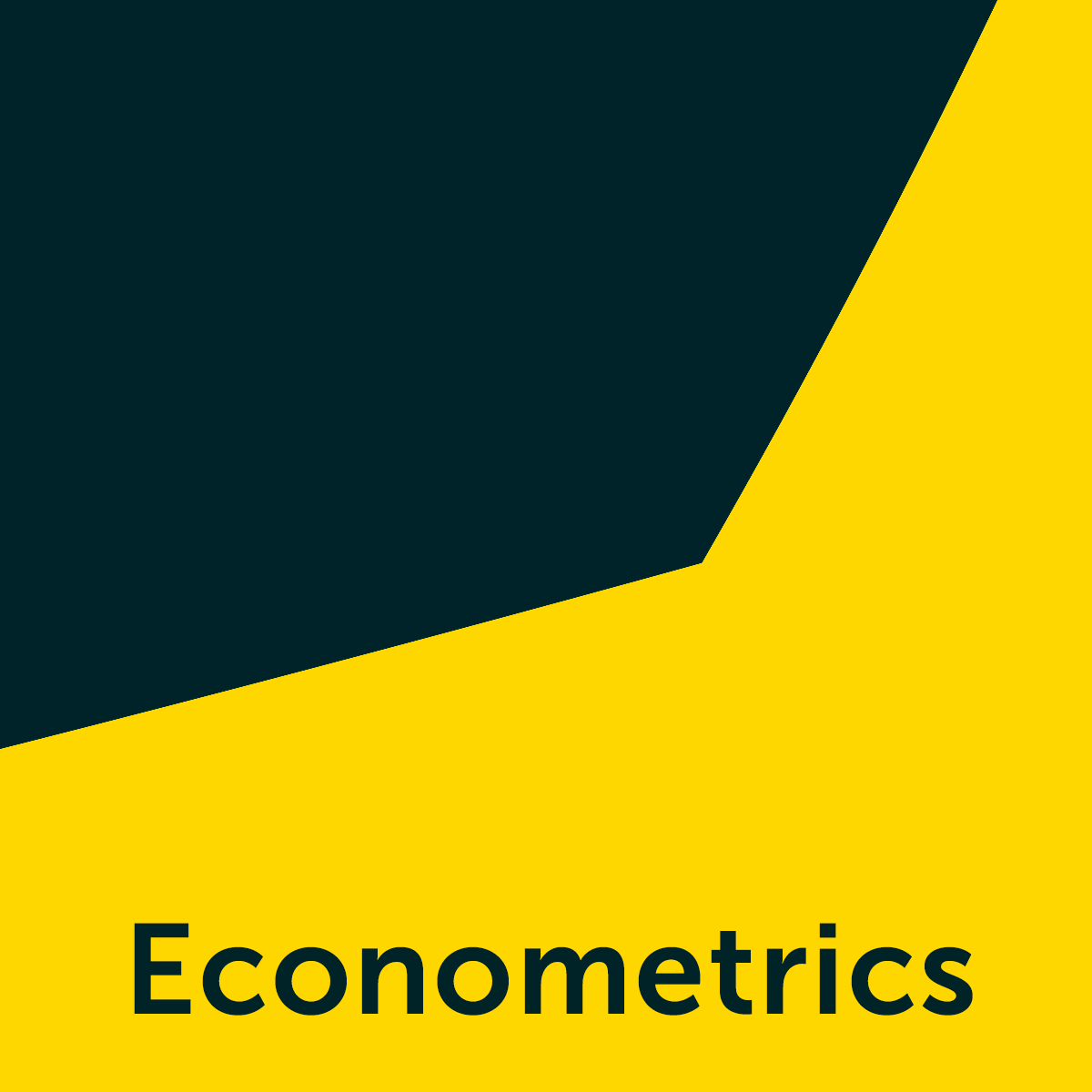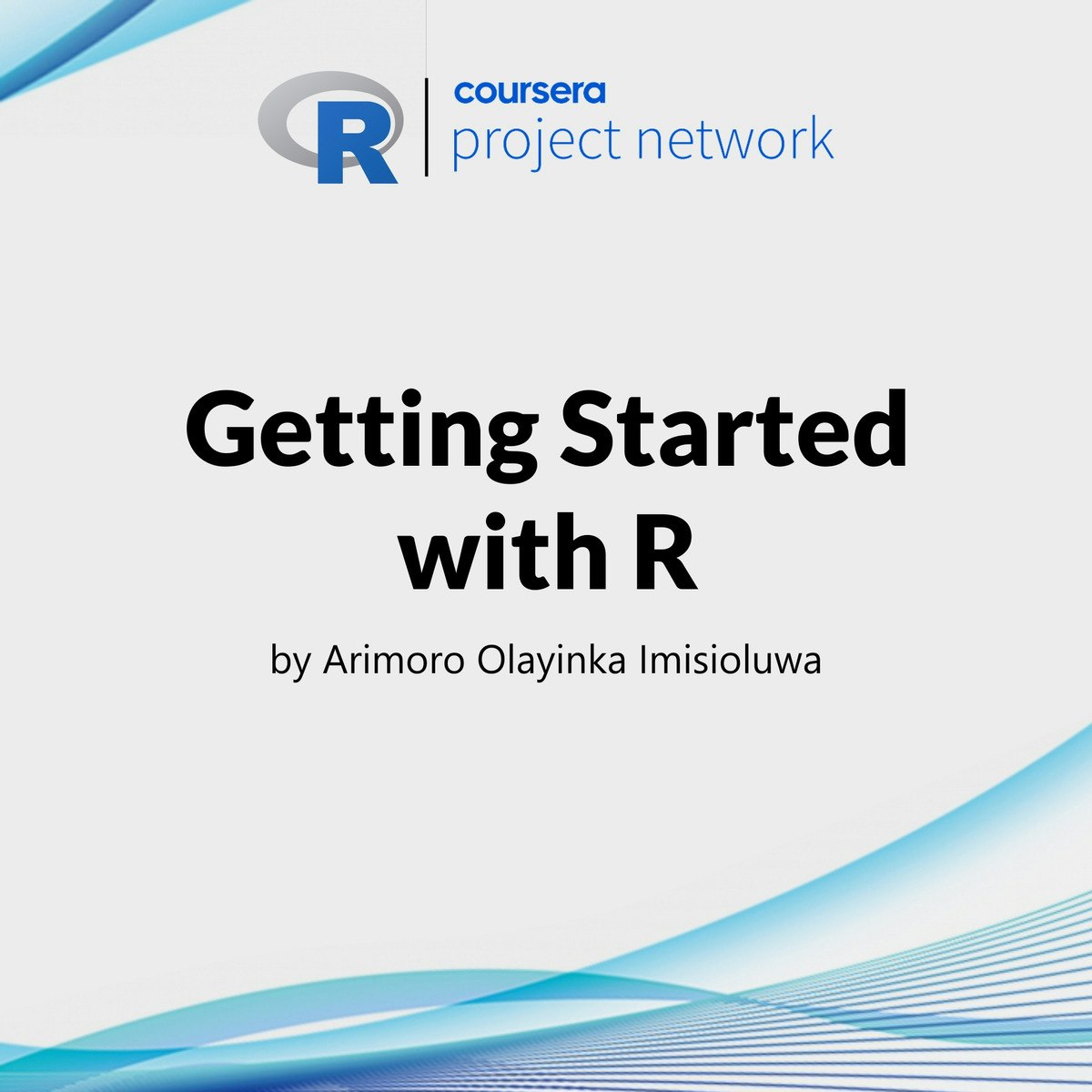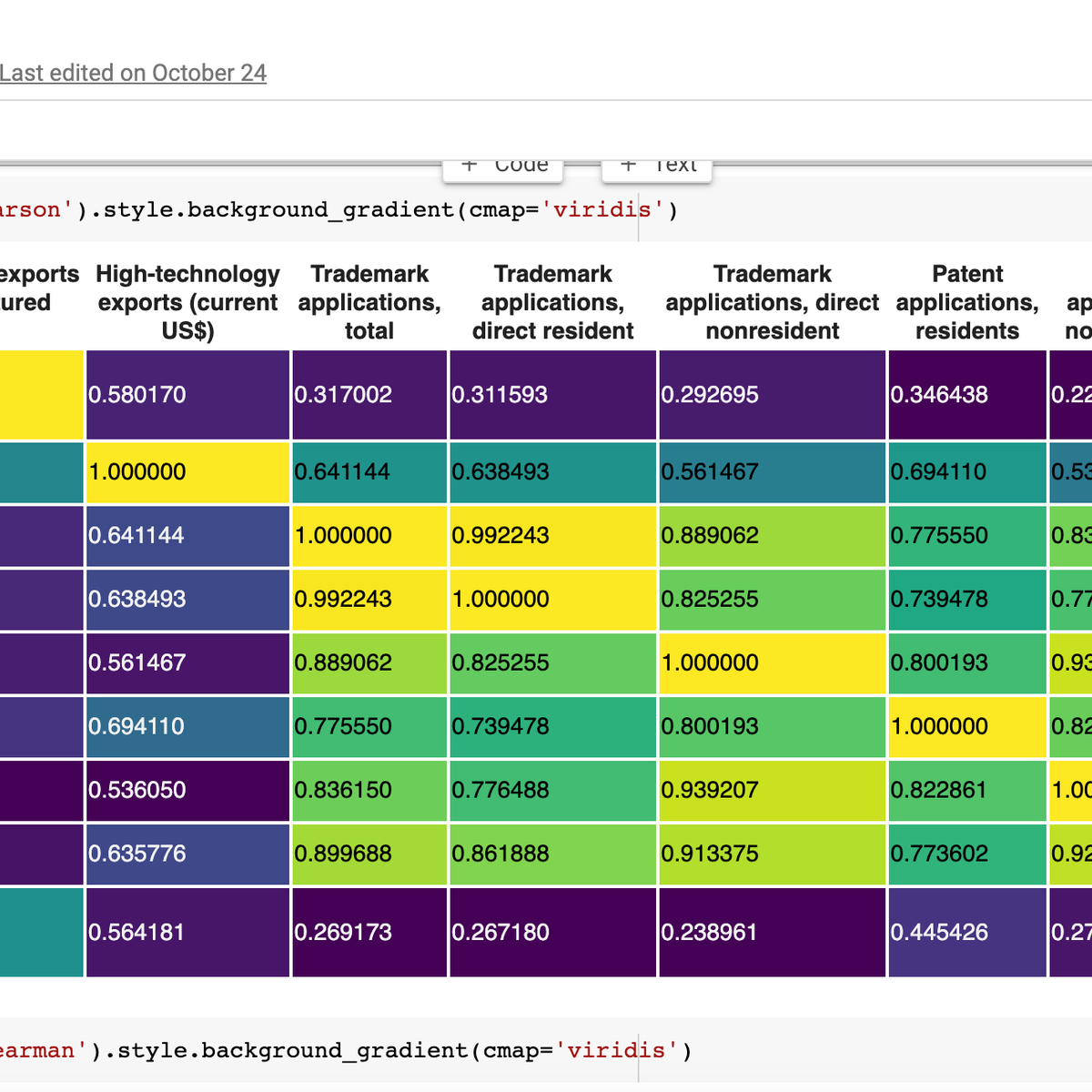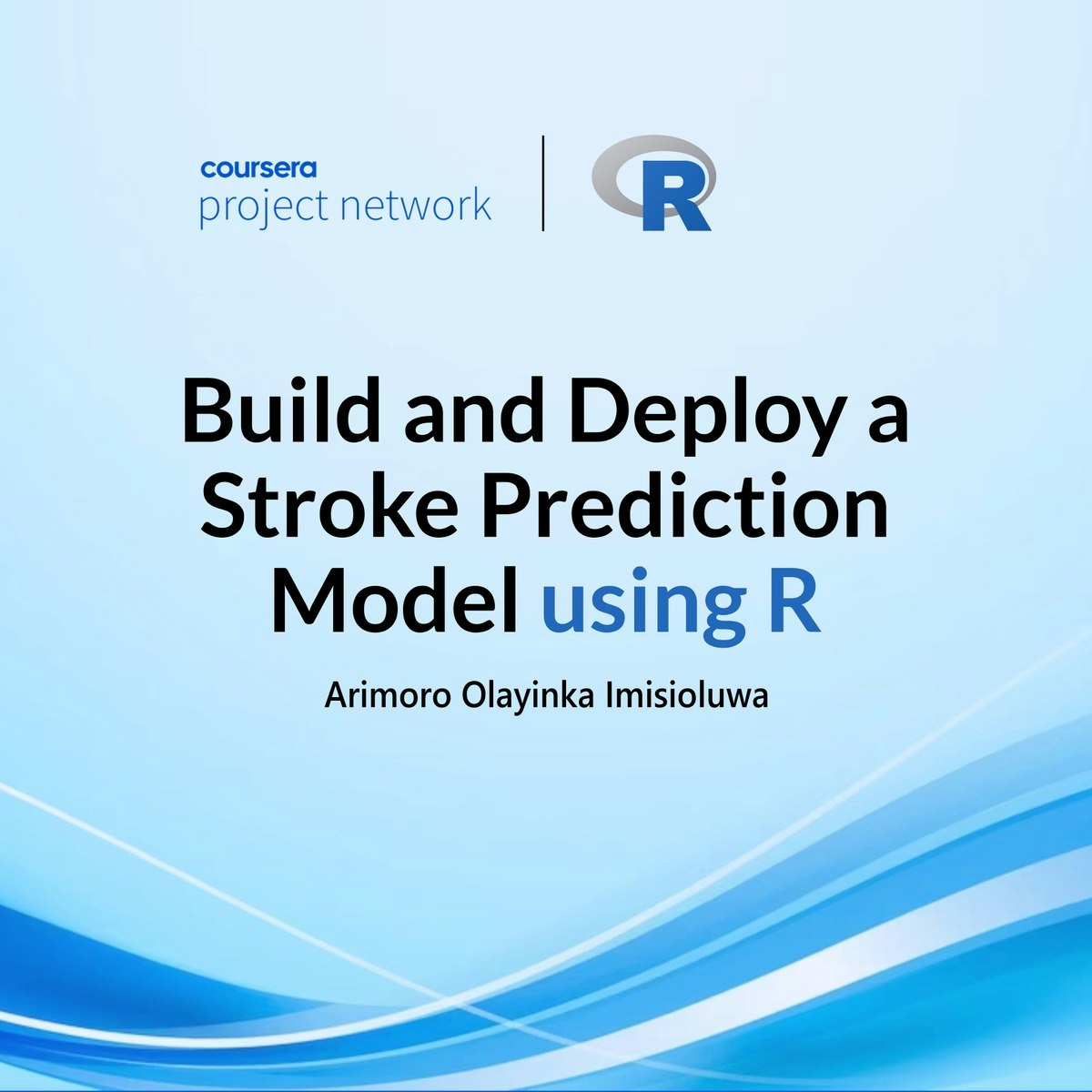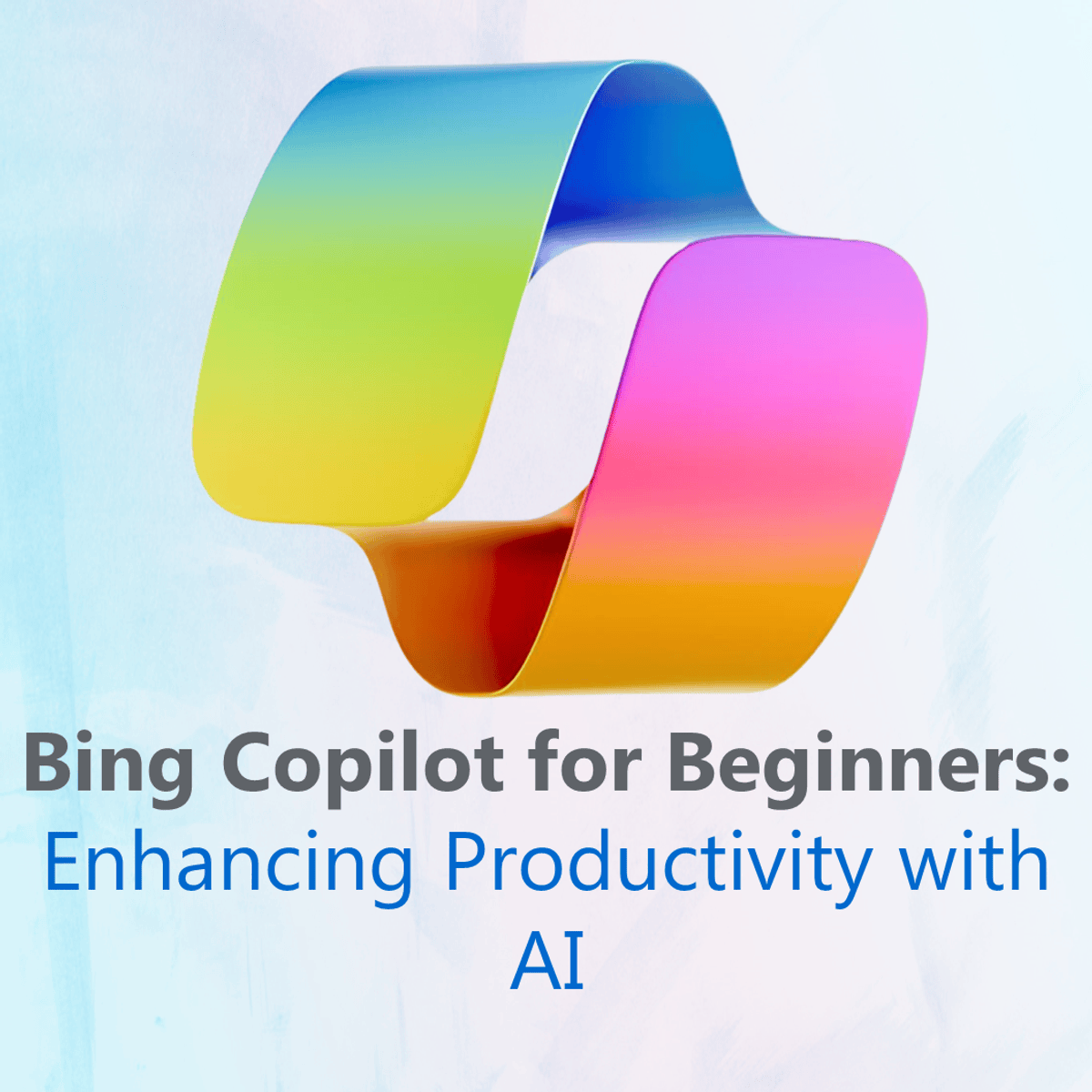Research Analyst
Research Analyst: A Comprehensive Career Guide
A Research Analyst is a professional dedicated to gathering, analyzing, interpreting, and presenting data to help organizations make informed decisions. They act as investigators, seeking answers to specific questions by employing rigorous methodologies. Whether exploring market trends, evaluating investment opportunities, assessing policy impacts, or understanding consumer behavior, the research analyst's work provides the factual foundation for strategic choices across countless fields.
Working as a Research Analyst can be intellectually stimulating. You might find the process of uncovering hidden patterns in data deeply satisfying. Furthermore, the ability to translate complex findings into clear, actionable insights that influence major organizational directions offers a profound sense of impact. The sheer variety of problems and industries where research skills are needed also ensures continuous learning and adaptation.
Key Responsibilities of a Research Analyst
The day-to-day activities of a Research Analyst can vary significantly based on the industry, company size, and specific project. However, several core responsibilities are common across most roles. These typically revolve around the research lifecycle, from initial question formulation to final reporting.
Data Collection and Analysis
A primary task is gathering relevant information. This might involve designing and deploying surveys, conducting interviews or focus groups, querying databases using languages like SQL, or compiling data from publicly available sources like government reports or academic journals. Analysts must choose methods appropriate for the research question and available resources.
Once data is collected, the analyst cleans, organizes, and analyzes it. This often involves statistical software (like R, Python, SPSS, or Stata) to identify trends, correlations, and statistically significant findings. They might perform descriptive statistics, regression analysis, forecasting, or more complex modeling depending on the project's needs.
Understanding the methods behind gathering and analyzing data is crucial. These courses offer insights into research methodologies and statistical tools often used by analysts.
For those looking to delve deeper into statistical analysis, particularly with missing data which is a common challenge, these books provide comprehensive guidance.
Reporting and Presentation of Findings
Raw analysis is rarely useful on its own. Research Analysts must effectively communicate their findings to stakeholders, who may not have a technical background. This involves creating clear, concise reports, summaries, or presentations that highlight key insights and recommendations.
Strong data visualization skills are essential for making complex information understandable. Analysts often use tools like Excel, Tableau, Power BI, or libraries within R (like ggplot2) or Python (like Matplotlib, Seaborn) to create charts, graphs, and dashboards that effectively tell the story behind the data.
These courses focus on the critical skill of visualizing data to communicate insights effectively.
Collaboration with Stakeholders
Research Analysts don't work in isolation. They collaborate closely with various teams, managers, clients, or policymakers to understand their objectives and information needs. This involves translating broad organizational goals into specific, answerable research questions.
Effective communication and interpersonal skills are vital for managing expectations, presenting findings clearly, answering questions, and ensuring the research directly addresses the stakeholders' requirements. They act as a bridge between the data and the decision-makers.
This course emphasizes using data effectively within an organizational context, a key part of stakeholder collaboration.
Essential Skills and Qualifications
Becoming a successful Research Analyst requires a blend of analytical prowess, technical skills, and foundational knowledge. While specific requirements vary, certain competencies are consistently valued across industries.
Analytical and Critical Thinking Skills
At its core, the role demands strong analytical abilities. This means being able to break down complex problems, identify patterns and relationships in data, and draw logical conclusions. Critical thinking is equally important – evaluating the quality of evidence, recognizing assumptions, identifying potential biases, and questioning results are crucial for producing reliable research.
These skills enable analysts to move beyond surface-level observations to uncover deeper insights and provide meaningful interpretations. They involve curiosity, skepticism, and a methodical approach to problem-solving.
Technical Proficiencies
Proficiency with certain software and tools is often necessary. Advanced Software Tools skills, particularly in spreadsheet programs like Microsoft Excel for data manipulation and basic analysis, are usually fundamental. Familiarity with statistical software packages like R, SPSS, Stata, or SAS is frequently required for more advanced analyses.
Database querying skills, especially SQL, are valuable for accessing and extracting data. Data visualization tools such as Tableau, Power BI, or libraries like Python's Matplotlib and Seaborn help in presenting findings effectively. Depending on the field, knowledge of programming languages like Python or R for data analysis is increasingly becoming standard.
These courses cover essential technical tools used by research analysts, from statistical programming in R and Python to data analysis toolboxes.
These books offer practical guidance on using R for data analysis and visualization, core skills for many research analysts.
Educational Prerequisites
A bachelor's degree is typically the minimum educational requirement for entry-level Research Analyst positions. Common fields of study include Economics, Statistics, Mathematics, Social Sciences (like Psychology, Sociology, Political Science), Business Administration, Marketing, or Computer Science.
Coursework in quantitative methods, statistics, research methodology, and specific domain areas (like finance or market research) is highly beneficial. For more specialized or senior roles, particularly those involving complex modeling or academic research, a master's degree or even a PhD may be required or preferred.
Formal Education Pathways
The journey to becoming a Research Analyst often begins with formal education. The specific path can depend on the desired industry and level of specialization, but a strong foundation in analytical and quantitative subjects is key.
Undergraduate Degrees and Relevant Majors
A bachelor's degree provides the foundational knowledge and skills needed for entry-level roles. Majors such as Statistics, Economics, Mathematics, or Computer Science offer rigorous quantitative training. Degrees in Business, Marketing, Finance, or Social Sciences (Psychology, Sociology, Political Science) are also common, especially when combined with strong quantitative coursework.
Regardless of the major, relevant courses include statistics, calculus, research methods, data analysis, and potentially econometrics or programming. Developing strong writing and communication skills through humanities or communication courses is also highly valuable for reporting findings.
These courses cover foundational mathematical and statistical concepts often taught at the undergraduate level.
Graduate Programs
For those seeking deeper expertise or specialization, a master's degree can be advantageous. Programs like a Master's in Data Science, Statistics, Business Analytics, or specific fields like Market Research, Economics, or Public Policy provide advanced analytical training and specialized knowledge.
An MBA (Master of Business Administration) can also be a route, particularly for roles that blend research with business strategy or management. Graduate programs often involve more complex research projects, advanced statistical modeling, and specialized software training, preparing graduates for more senior or specialized roles.
PhD Routes for Specialized Research Roles
A Doctor of Philosophy (PhD) is typically pursued by those aiming for highly specialized research positions, often in academia, government research institutions, or advanced R&D departments in industries like finance (quantitative analysis) or pharmaceuticals (biostatistics).
A PhD involves extensive original research, deep theoretical understanding, and mastery of advanced methodologies within a specific discipline (e.g., Economics, Statistics, Political Science, Psychology). This path is suited for individuals passionate about pushing the boundaries of knowledge and contributing to scholarly research.
These resources delve into advanced research concepts and writing, relevant for those considering or pursuing doctoral studies.
Online Learning and Self-Directed Study
Formal education isn't the only path to acquiring the skills needed for a Research Analyst role. Online learning platforms and self-directed study offer flexible and accessible ways to build foundational knowledge, learn specific tools, and even facilitate a career pivot.
Feasibility of Transitioning via Online Education
Transitioning into a Research Analyst role using online education is entirely feasible, especially for those with adjacent skills or a strong aptitude for analytical thinking. Online courses can effectively teach programming languages (like Python or R), statistical concepts, data visualization tools, SQL, and research methodologies.
For individuals changing careers, online learning allows for upskilling or reskilling at your own pace, often while maintaining current employment. Combining online coursework with practical projects can create a compelling profile for potential employers. Platforms like OpenCourser aggregate courses from various providers, making it easier to find resources covering specific skills or topics, like those found in the Data Science or Mathematics categories.
These courses cover fundamental skills often learned through self-study, including programming basics and essential data analysis techniques.
Recommended Topics for Self-Study
Key areas for self-study include foundational statistics and probability, data manipulation and analysis using tools like Excel, SQL, R, or Python (including libraries like Pandas and NumPy), data visualization principles and tools (Tableau, Power BI, ggplot2, Seaborn), and core research methodologies (survey design, experimental design).
Depending on your target industry, you might also focus on domain-specific knowledge, such as financial modeling for finance roles, market research techniques for marketing roles, or econometrics for policy analysis. Understanding data ethics and privacy is also increasingly important.
These courses offer focused learning on essential software and techniques commonly used by analysts.
This book provides a strong foundation in statistical learning, a key area for research analysts using predictive modeling.
Portfolio-Building Through Independent Projects
Theoretical knowledge is valuable, but demonstrating practical application is crucial, especially for career changers or those relying heavily on self-study. Building a portfolio of independent research projects is an excellent way to showcase your skills.
You can find publicly available datasets (e.g., from government websites, Kaggle, data repositories) and formulate your own research questions. Analyze the data, visualize your findings, and write up a short report or blog post explaining your process and conclusions. These projects demonstrate initiative, problem-solving abilities, and proficiency with relevant tools and techniques.
Engaging with project-based courses online can also provide structured opportunities to build portfolio pieces.
Career Progression for Research Analysts
A career as a Research Analyst often follows a path of increasing responsibility, specialization, and strategic impact. While trajectories vary, there are common stages and potential transitions.
Entry-Level Roles
Graduates typically start in roles like Junior Research Analyst, Research Assistant, or Data Analyst. Responsibilities often include data collection, cleaning, basic analysis, generating descriptive statistics, creating charts, and assisting senior analysts with report preparation.
These roles provide essential hands-on experience with research processes, tools, and specific industry contexts. The focus is on developing technical skills, understanding research methodologies, and learning how research supports organizational goals.
Mid-Career Advancement
With experience, analysts progress to roles like Research Analyst or Senior Research Analyst. They take on more complex projects, design research methodologies, conduct advanced analyses, interpret findings with greater nuance, and present results to stakeholders independently.
Mid-career analysts may also specialize in a particular area (e.g., quantitative modeling, qualitative research, a specific industry) or begin mentoring junior staff. Some may move into roles like Research Lead or Project Manager, overseeing research initiatives and teams.
Transition Paths to Adjacent Roles
The skills developed as a Research Analyst are highly transferable. Experienced analysts often transition into related fields. Common paths include becoming a Data Scientist (focusing more on machine learning and predictive modeling), a Management Consultant or Strategy Consultant (applying research skills to broader business problems), or a Market Research Manager.
Other potential transitions include roles in Business Intelligence, Quantitative Analysis (especially in finance), Program Evaluation, or Policy Analysis, depending on the analyst's background and interests. The ability to understand data, draw insights, and communicate effectively is valuable across many domains.
Industry Applications and Specializations
The versatility of research analysis means practitioners find opportunities across nearly every industry. The specific focus and methodologies employed can differ significantly depending on the sector's unique questions and challenges.
Differences in Research Focus Across Sectors
In Finance, analysts might perform equity research (evaluating stocks), credit analysis (assessing loan risk), or quantitative analysis (developing trading algorithms). They rely heavily on financial statement analysis, economic data, and statistical modeling. In Healthcare, research focuses on areas like clinical trial analysis, health outcomes research, epidemiology, or healthcare policy evaluation, often involving patient data and biostatistics.
The Technology sector employs user researchers (studying user behavior with products), market analysts (assessing market size and competition), and data scientists applying research techniques to product development. Market Research firms conduct studies for various clients on consumer behavior, brand perception, and advertising effectiveness using surveys, focus groups, and sales data. Government and Non-profits utilize research analysts for policy analysis, program evaluation, economic forecasting, and social science research to inform public decisions and measure impact.
These courses provide glimpses into sector-specific applications, from finance and healthcare to macroeconomics.
Emerging Niches
The field is constantly evolving. One major trend is the integration of Artificial Intelligence (AI) and Machine Learning (ML) techniques into research workflows, enabling analysis of larger datasets and more complex patterns. This requires analysts to understand and potentially utilize these advanced tools.
Sustainability research is another growing area, with analysts evaluating environmental, social, and governance (ESG) factors for businesses and investors. Behavioral economics principles are increasingly applied in market research and policy analysis to understand decision-making biases. Expertise in these emerging areas can provide a competitive edge.
These courses touch upon AI, sustainability, and related emerging concepts.
Case Studies Illustrating Sector-Specific Challenges
Consider a healthcare analyst studying the effectiveness of a new drug. Challenges include ensuring patient privacy (HIPAA compliance), dealing with missing patient data, controlling for confounding variables in observational studies, and communicating complex statistical results to clinicians.
Contrast this with a market research analyst evaluating a new product concept. Challenges might involve designing unbiased survey questions, recruiting a representative sample of consumers, interpreting qualitative feedback from focus groups, and dealing with potential response biases (like social desirability bias).
These books offer insights into research methods applicable across various settings, helping address sector-specific challenges.
Challenges and Ethical Considerations
While rewarding, the role of a Research Analyst is not without its difficulties and ethical responsibilities. Navigating these challenges requires careful consideration and a commitment to integrity.
Data Privacy and Ethical Sourcing Concerns
Research often involves sensitive information, whether it's personal data from individuals, confidential business data, or proprietary information. Analysts must be knowledgeable about and adhere to privacy regulations (like GDPR or HIPAA) and ethical guidelines for data collection and usage.
Ensuring data is sourced ethically, obtaining informed consent when necessary, anonymizing data appropriately, and maintaining data security are paramount. Breaches of privacy or unethical data handling can have severe legal and reputational consequences.
These courses address ethical considerations in research and data handling.
Bias Mitigation in Analysis and Reporting
Bias can creep into the research process at multiple stages – from the way questions are framed or samples are selected, to the analytical techniques chosen, or the way results are interpreted and presented. Confirmation bias (seeking data that confirms pre-existing beliefs) is a common pitfall.
Analysts must strive for objectivity, consciously identify potential sources of bias, employ methods to mitigate them (e.g., blinding, using appropriate statistical controls), and transparently report limitations. Presenting a balanced view, even if it contradicts desired outcomes, is ethically essential.
Balancing Speed and Accuracy
Organizations often need insights quickly to make timely decisions. This can create pressure on analysts to produce results rapidly. However, rigorous research takes time – careful data collection, thorough analysis, and thoughtful interpretation cannot always be rushed.
Analysts must navigate this tension, managing stakeholder expectations about timelines while upholding methodological rigor. This might involve clearly communicating the trade-offs between speed and certainty, using iterative approaches, or focusing on providing preliminary findings while more in-depth analysis continues.
Future Outlook for Research Analysts
The landscape for Research Analysts is evolving, shaped by technological advancements and the increasing importance of data across industries. Understanding these trends is key for career planning and staying competitive.
Impact of Automation and AI
Automation and Artificial Intelligence (AI) are changing aspects of the research process. Routine tasks like data collection, cleaning, and even some basic analysis may become increasingly automated. AI tools, including large language models, can assist with literature reviews, summarizing text, generating code, and identifying patterns.
However, this doesn't necessarily mean fewer jobs. Instead, the role is likely to shift towards higher-level tasks: formulating insightful research questions, designing complex studies, interpreting nuanced results, applying critical thinking and domain expertise, ensuring ethical AI use, and communicating findings strategically. Analysts who can leverage AI tools effectively will be highly valued.
These courses explore AI tools that are becoming relevant for research tasks.
Growing Demand in Data-Centric Industries
The demand for professionals who can work with data and extract meaningful insights remains strong. According to the U.S. Bureau of Labor Statistics, employment for roles closely related to research analysis, such as Market Research Analysts and Operations Research Analysts, is projected to grow significantly faster than the average for all occupations. For instance, the BLS projects 13% growth for Market Research Analysts from 2022 to 2032.
Industries like technology, finance, healthcare, consulting, and e-commerce heavily rely on data-driven decision-making, fueling the need for skilled analysts. Organizations across sectors are recognizing the value of research in improving efficiency, understanding customers, and gaining a competitive edge.
Skill Evolution to Stay Competitive
To thrive in the future, Research Analysts need to embrace continuous learning and adapt their skillsets. Proficiency in advanced analytical techniques, including machine learning concepts where applicable, will become more important. Familiarity with new data sources (e.g., big data, unstructured text) and the tools to handle them is crucial.
Beyond technical skills, the ability to integrate insights from diverse data types (quantitative and qualitative), strong storytelling and visualization capabilities, business acumen, and ethical judgment will be key differentiators. Adaptability, curiosity, and strong problem-solving skills remain evergreen assets.
Consider exploring resources on platforms like OpenCourser or reading industry reports from firms like McKinsey or Gartner to stay abreast of evolving trends and skill requirements.
This book provides a forward-looking perspective on research methods.
Frequently Asked Questions (FAQs)
Navigating a career path often comes with questions. Here are answers to some common inquiries about becoming and working as a Research Analyst.
What are the entry-level requirements for a Research Analyst?
Typically, a bachelor's degree in a relevant field (like Statistics, Economics, Business, Social Sciences, Math) is required. Strong analytical and quantitative skills are essential. Proficiency in tools like Excel is usually expected, and familiarity with statistical software (R, Python, SPSS) or SQL is often a plus. Good communication skills are also important.
Which industries hire the most Research Analysts?
Research Analysts are employed across many sectors. Major hiring industries include finance and insurance, professional, scientific, and technical services (including consulting and market research firms), technology companies, healthcare, government agencies, and manufacturing.
How does this role differ from a Data Analyst?
While there's significant overlap and titles can be used interchangeably, Research Analysts often focus more on designing studies, formulating hypotheses, interpreting the 'why' behind data patterns (sometimes incorporating qualitative methods), and communicating findings in detailed reports. Data Analysts might focus more heavily on data cleaning, processing, creating dashboards, and maintaining data systems, often with a stronger emphasis on quantitative data and specific business metrics. However, the distinction varies greatly by company.
Is remote work common in this field?
Yes, remote work opportunities for Research Analysts have become increasingly common, especially following global shifts in work culture. The feasibility depends on the specific company's policies, the nature of the research (e.g., if it requires physical presence for data collection), and the role's requirements for team collaboration.
What certifications enhance career advancement?
Unlike some fields, there isn't one single, universally required certification for Research Analysts. However, depending on the industry, certain credentials can be beneficial. For finance, the Chartered Financial Analyst (CFA) designation is highly respected. Certifications in specific software (like Tableau, SAS, or specific cloud platforms) or methodologies (like project management - PMP) can demonstrate proficiency. Domain-specific certifications related to market research or specific industries might also add value.
How volatile is the job market for Research Analysts?
The job market is generally considered stable and growing, driven by the increasing reliance on data for decision-making across industries. While overall economic downturns can affect hiring in any field, the demand for analytical skills remains strong. Roles may evolve with technology, but the fundamental need for research and interpretation persists.
Embarking on a career as a Research Analyst offers a path filled with intellectual challenges, continuous learning, and the potential to make a tangible impact. Whether you are starting your educational journey, considering a career change, or looking to advance your analytical skills, resources like those available on OpenCourser can help you find the courses and knowledge needed to navigate this dynamic and rewarding field.






